Fourteen books you should read
also post your recommendations
Generally I hate books.
My attention span has been pulverized by modern dopamine traps, and I usually find it impossible to process anything longer than your typical Substack essay.
But when I *do* find a book I really like I typically read the entire thing in one sitting.
Below you’ll find a list of books like that—books that kept me so enthralled I occasionally fucked up my life not to put them down.
The Elementary Particles by Michel Houellebecq
If you’re in these circles and still haven’t read Houellebecq you’re in for a treat.
I’d recommend without hesitation everything in this perverted Frog’s oeuvre, but you should start here because it’s his most famous and accessible work.
Themes include sex addiction / disembodiment; the death of human tenderness in a commercialized sexual ecology; how people construct an inner narrative to provide some trajectory to their lives; and the truly limitless pits of Boomer narcissism.
Finally, Some Good News by Delicious Tacos
Most of you have probably heard of Tacos by now. If you somehow haven’t then stop reading this list and go check out his shit (these short stories are a great place to start).
This is what “right wing art” actually looks like. In a sane world America would treat Tacos like France treats Houellebecq and he’d be a celebrated figure in the world of literary fiction. But because American conservatives have dogshit taste (and are largely incapable of speaking candidly about their real feelings, let alone thorny topics like human longing and sex addiction) virtually all of the institutional money instead goes to gems like God’s Not Dead and The New Norm.
Thankfully fellers like us can help change that. You should go buy all of Tacos’s books and then give him a paid subscription here on Substack.
Kindred by Octavia Butler
Very nifty sci fi novel about a black chick who travels through time to the plantation where her distant grandma was raped and impregnated by massa.
The interesting thing is our protagonist first meets massa as a little boy, and every time she goes black in time needs to save his life as a sort of guardian angel. She also must confront the fact that massa is her ancestor as much as slave grandma, and the author handles that dynamic in a very honest and genuine way.
I read this book during a vacation in Savannah last Christmas, and it honestly made me feel a lot more empathy for black people. I suspect this played a big role in motivating me to write my Metapolitics of Black-White Conflict.
Class by Paul Fussell
Easily the most astute take on the American system of class / status I’ve ever seen.
This book helped me realize why I never seem to fit in among the upper middle class professionals I work with, which is ultimately what motivated me to start job stacking.
It was written in the eighties and some of the particulars are a bit outdated, but most of the author’s general observations still hold firm even forty years on.
Burr by Gore Vidal
I’ve always been something of a hipster when studying history. Whenever I read about the Civil War I instinctively oppose both Lincoln and the Confederacy and side instead with McClellan and the Northern Democrats. Similarly, whenever I read about the famous conflict between Jefferson and Hamilton I tend to conclude both were corrupt fanatics and gravitate instead toward the pragmatic personal politics of a man both factions came to despise—Aaron Burr.
It’s because of this hipster impulse that I greatly enjoyed Gore Vidal’s portrayal of Burr’s side of the story. The book obviously takes its liberties, and is bound to offend people like Michele Bachmann who maintain a childish fifth grade civics class style reverence for the Founders. But if you aren’t a retard and enjoy both revolutionary-era history and conspiracy theories then you’ll definitely have a good time with Burr.
Fire and Blood: A History of Mexico by T.R. Fehrenbach
One of the greatest history books I’ve ever read.
All educated and civicminded Americans really ought to develop a decent knowledge of Mexico and the strange and contradictory forces undergirding its culture.
To that end Fehrenbach is a fantastic place to start, as unlike most popular history authors he doesn’t allow himself to be hamstrung by politically correct nonsense.
A Goomba’s Guide to Life by Steve Schirripa
For a long time all I wanted was to be fat and Italian, but I couldn’t figure out how. Thankfully the dude who played Bobby on The Sopranos wrote us a helpful guide.
This is actually a fascinating read because it was written in 2003 and has a lot of passages that definitely wouldn’t fly in a post-#MeToo world.
For instance, in one section Steve claims that while partying with Frank Sinatra his elderly friend Jilly once had to carry Marilyn Monroe to bed after she passed out from booze and pills. Jilly couldn’t push his luck because Sinatra was in the other room, but apparently he did seize the opportunity to “take a big lick of her left tit.”
It was a different time.
Starting Strength by Mark Rippetoe
If you want to get into lifting then Starting Strength remains a great place to start.
It’s not necessarily the place you should *stay*, because Rip is kind of an insane cult leader, but when you’re just starting out the most important thing is consistency, and to that end the heuristics pushed by Starting Strength are northing short of fantastic.
How Few Remain by Harry Turtledove
The first in Turtledove’s Southern Victory series of Alt History, How Few Remain is standard Dixieboo fare—solid middlebrow comfort food for anyone right leaning.
In that sense it pretty ingeniously draws you into a series that gradually becomes a lot more challenging to the southron worldview as it progresses, which makes every installment an enjoyable read for contrarian hipsters like me who think ackshully both sides were wrong.
But this one in particular offers lots of thrills to the kind of fellas who still fantasize about shooting Yankees (especially if you skip the Fredrick Douglass chapters).
The Slap by Christos Tsiolkas
A breezy little page turner from Australia about an affluent Greek dude who slaps a misbehaving bogan kid at a party and thereby creates a minor legal kerfuffle.
Something of a low stakes comedy of manners, but it feels real and very accurately captures how people from different age cohorts and segments of society think about things like sex, class, and ethnic tension. I found its portrayal of conflict between upper class transhajnal whites and lower close cishajnal whites spot-on.
It’s not exactly edgy, but I still suspect it would be hard to publish something like this in America. We’re far too sensitive about all of those topics—particularly class.
Seize the Moment by Richard Nixon
Published just after the fall of the Soviet Union and shortly before his own death (and also Walt Bismarck’s birth), Seize the Moment is an intriguing relic of history in which Tricky Dick gives his advice for navigating the challenges of a unipolar world.
Very fascinating read given that Nixon spent the better part of his life specifically taking on Communism and ended up living *just* long enough to see it vanquished. It really humbles you to think about how confusing things would have been for people at this juncture in history, and it’s worth reading Nixon to see the sort of takes educated and perceptive people would have had at the time.
Also he dedicates the book “To the democrats,” which shows however you may feel about Nixon he definitely had a great sense of humor.
The Rise and Fall of the Great Powers by Paul Kennedy
If you’re an autistic nibba who enjoys games by Paradox Interactive you will really love this book, because it’s effectively a history of warfare, economic development, and great power diplomacy through the lens of Paradox Interactive historiography.
It is filled with loads and loads of charts and graphs comparing the total population, GDP (both aggregate and per capita), industrial production, etc. of all the great powers over time, and after you’re done reading it you’ll have a fantastic sense as to which country was strongest or richest in any particular year from 1500-1989.
I say 1989 because that’s when the book was published. That means the analysis is slightly outdated and Kennedy pays a fairly hilarious amount of attention to Japan, but that itself makes the book a pretty useful historical artifact many years later.
The First Man in Rome by Colleen McCullough
A long time ago I spent the better part of a summer binging the entirety of Colleen McCullough’s Masters of Rome series, and years later it remains to my mind the gold standard for historical fiction.
The series certainly has its faults—both Sulla and Caesar are written as fantastically absurd Mary Sues, and the lady author frequently tends to characterize them in a very thirsty way that often seeps into cringe fanfic territory.
But you know what? I’m not about to fault a broad for wanting to fuck Julius Caesar of all people. That’s a lot better than Timotheee Chardonay or whichever other contemptible androgyn has most recently caught the eye of the Birth Control Brigade.
The world would be a better place if more women wanted to fuck Julius Caesar.
The Nineties by Chuck Klosterman
I was born in the nineties but retain tragically few memories of it that don’t specifically involve anticipation for the new millennium.
That’s why I greatly enjoyed this Gen X hipster’s account of the decade, which from a cultural perspective lasted from the fall of the USSR to the fall of the Twin Towers.
It’s easy to overlook how 1990 was a completely different universe compared to 2000, but Klosterman does a great job at driving home how deceptively transformative this seemingly chill and introspective era actually was.
The book was published during Peak Woke so the author’s treatment of Lewinsky etc. is very cringe and libtarded, but the rest of it will hold up well over time.
Alright boys, those are my recommendations.
Post yours in the comments below!


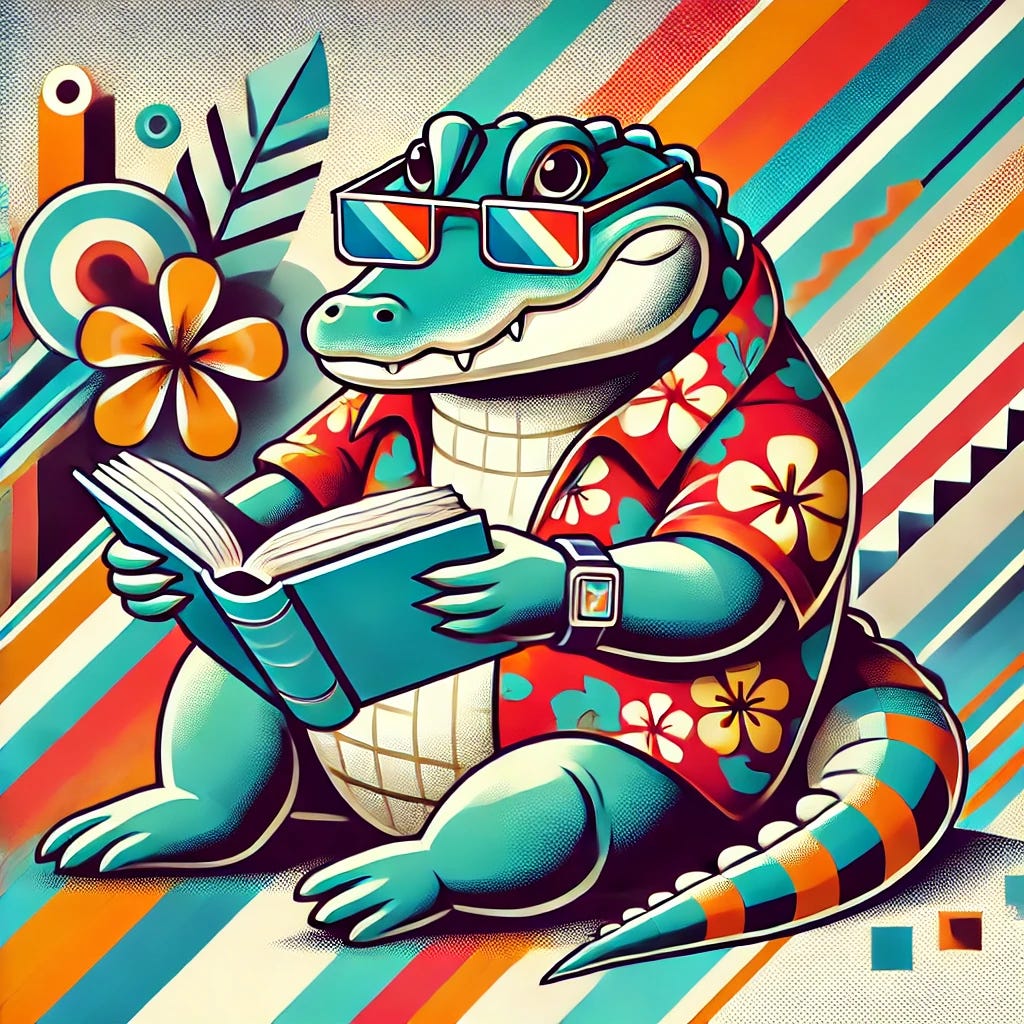





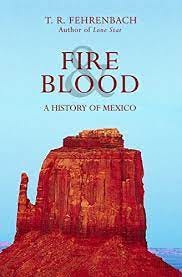
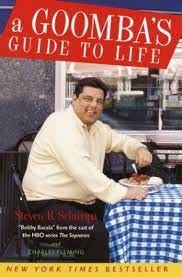

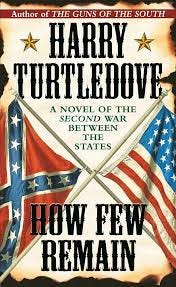

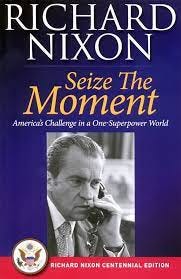
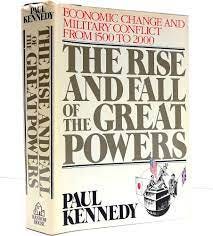
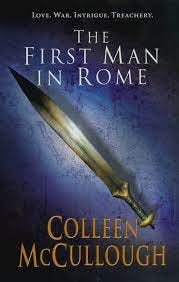

Cool picks! A lot I hadn’t heard of. I’d also recommend for anyone interested in the South The Leopard’s Spots by Thomas Dixon, the book Birth of a Nation was an adaption of. “Historians” today will say it’s sensationalized but Dixon lived Reconstruction and its certainly no more sensationalized than say Uncle Tom’s Cabin.
Of course, Gone With the Wind is obligatory. It’s easily a top contender for the Great American Novel. And it is very “feminist coded.” People naysay it as overrated but they are simply mistaken.
A final pick is Notes From Underground by Dostoevsky. Though I do love reading I also have trouble finishing books, so both crime and punishment and demons have bookmarks at about a 100pgs in. Criminal, I confess. BUT Underground is breezily short and quite schizoid so right up my alley. One of the major scenes is seared into my brain, and reflect on it often. Until I write a long form piece on it, I will only add that it is a very prescient look into the psyche of a sensitive young(ish) man reckoning with bureaucracy and the schizophrenic undercurrents of Russian civil society and nihilism in the decades building up to the revolution.
Gore Vidal is a fantastic writer for those who sympathize with his described contrarian ‘gentleman bitch’ style. One of my favorites.